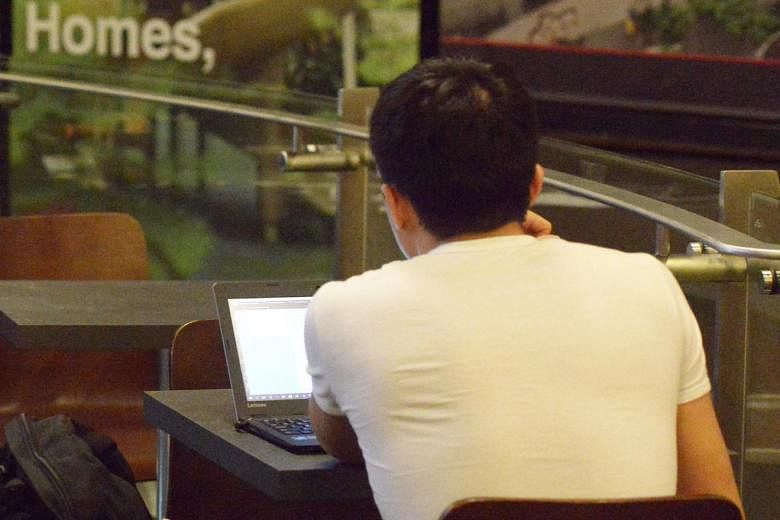SINGAPORE - Customs officers will be given more powers to seize goods that may infringe intellectual property (IP) rights at the point when they are being brought into or sent out of Singapore.
In addition, they will also be able to pass on the information of people who are connected to the seized goods to the IP rights owners, who can then pursue the matter in court.
These measures come as Parliament passed the Intellectual Property (Border Enforcement) Bill on Monday (July 9), to bring various laws in line with requirements under the European Union-Singapore Free Trade Agreement (EUSFTA).
In signing the agreement, Singapore had agreed to add new border enforcement measures to deal with goods infringing IP rights.
The Bill amends laws such as the Copyright Act, Trade Marks Act, Registered Designs Act and Geographical Indications Act.
"These amendments will ensure Singapore's obligations under the EUSFTA are implemented, and also cement Singapore's reputation as a jurisdiction that respects IP," said Senior Minister of State for Law Edwin Tong, during the debate on the Bill.
Currently, the Singapore Customs, acting on its own initiative, can seize imports, exports and goods that are in transit and being held by local companies, if the goods are suspected of being in infringement of certain IP rights.
But when the request originates from IP rights holders, customs officers can only seize goods being imported into Singapore.
The changes to the law will give customers officers the powers to also take control of goods being exported, at the request of these rights holders.
A wider range of IP rights is also covered by the new laws.
Besides this, customs officers will be allowed to provide IP right holders with the names and contact details of people connected to the seized goods, so that these rights holders can take legal action.
MPs such as Nominated Member of Parliament Azmoon Ahmad and Mr Louis Ng (Nee Soon GRC), raised concerns about this, asking if there were measures to ensure the information does not fall into the wrong hands, and whether people's whose goods are wrongly seized can get recourse.
In response, Mr Tong said only limited information will be given to the IP right holders, and even so only after they have given Customs a security deposit and supporting documents to prove their rights.
This is to guard against rights holders abusing this power to "fish" for information, he added.
Further, whatever information collected must be used strictly for instituting infringement actions, or to prevent future shipment of the goods and for border enhancement.
Those who feel their goods were wrongly seized can apply to the court for compensation if the rights holder fails to take legal action.
Mr Tong added that "sufficient notice will be provided before the commencement of the relevant provisions", without giving a date for when it will take effect.


